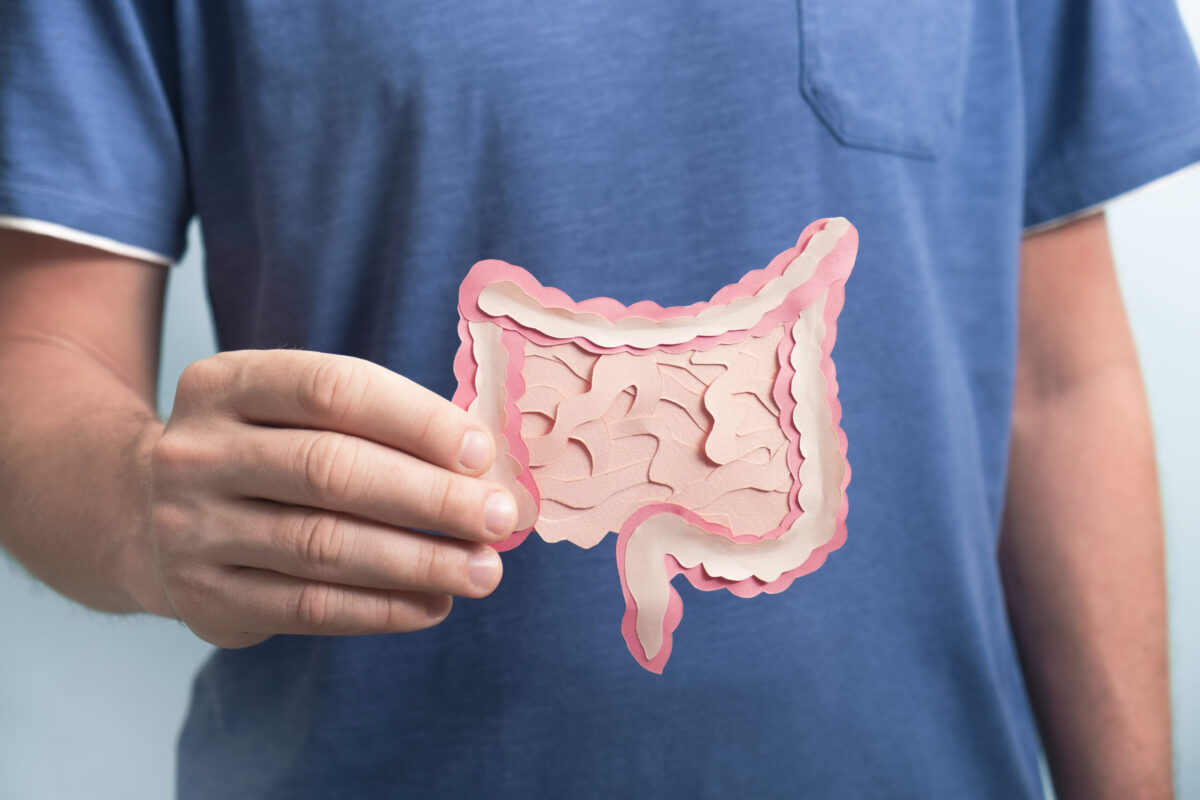Your family history is a big factor in determining your risk for developing colon cancer. However, less than half of Americans know their family health history. That makes it even more important to talk to your doctor and get screenings as recommended.
WellTuned spoke with Dr. Daniel Cusator, a medical director for BlueCross BlueShield of Tennessee, to learn about colon cancer risk factors.
10 facts to know about colorectal cancer in Tennessee now
Screening is key to detecting colon cancer
Dr. Cusator: Screening is vital because you may not experience symptoms in the early stages of colon cancer. The earlier you detect it, the sooner you can begin treatment—which increases your chances for better outcomes.
Understanding your risk for developing colorectal cancer influences your screening schedule. In 2021, the guidelines for colorectal cancer screening lowered the age for the recommended first screening from 50 to 45. But that recommendation applies to the general public. Some people who are at higher risk may need to get screened sooner.
Risk factors for developing colon cancer
Dr. Cusator: A number of factors can raise your risk—and impact when to get screened for colorectal cancer. These include:
- Personal or family history of adenomatous polyps or sporadic colorectal cancer
- Certain hereditary conditions, such as Lynch Syndrome and familial adenomatous polyposis syndrome
- Inflammatory bowel disease, such as Crohn’s disease or ulcerative colitis
- History of radiation to the pelvic area
- Increasing age
- Smoking
- Obesity
- Diabetes
- Moderate to heavy alcohol use
- Cystic fibrosis
Also, people who are Black and Native American have some of the highest rates of colorectal cancer in the U.S.
Some of those factors are modifiable—that is, you can change them. For example, you may be able to stop smoking or reduce your alcohol intake. But others, like your family history or your race, are beyond your control. You also can’t change your age, and cases of colon cancer are increasing in the 40-49 age group.
What to do next
Dr. Cusator: The first step is to schedule an appointment with your doctor. This provides an opportunity to discuss your risk factors. Your doctor can also suggest ways to reduce your individual risk. If you have diabetes, you might discuss maintaining tight control of your blood sugar levels. You may also explore strategies for losing weight, such as eating a healthy diet and exercising regularly.
The bottom line is that it is important to know your risk for colon cancer so you can be screened appropriately. The good news is that when caught early, the 5-year survival rates are more than 90 percent.
More from Dr. Cusator on WellTuned
Get more information about specific health terms, topics and conditions to better manage your health on bcbst.com. BlueCross BlueShield of Tennessee members can access wellness-related discounts on fitness products, gym memberships, healthy eating and more through Blue365®. BCBST members can also find tools and resources to help improve health and well-being by logging into BlueAccess and going to the Managing Your Health tab.


